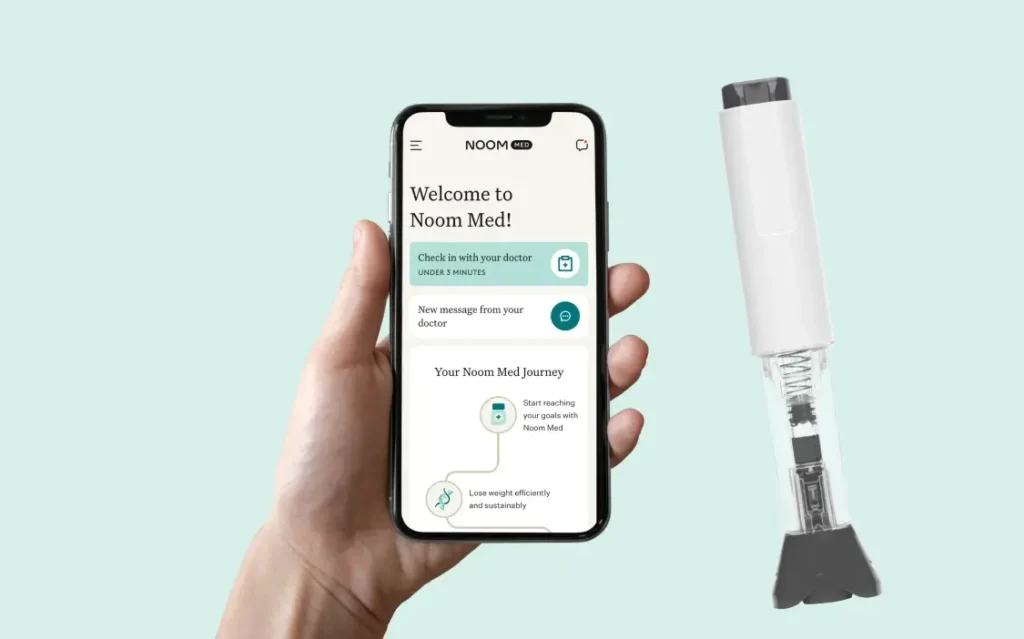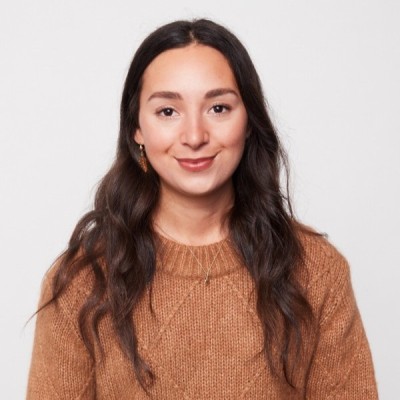The race to deliver off-brand Ozempic is on.
What’s happening: Partnering with an FDA-regulated pharmacy, weight loss company Noom will offer compounded GLP-1s direct-to-consumer.
Pairing cheaper drugs with targeted behavior change programming as an off-ramp, it’s the latest telehealth service to capitalize on pharma’s GLP-1 shortage.
Knock it off. The law permits selling compounded—aka custom-mixed—drugs when low supply threatens continuation of patient care, but regulation and quality control are questionable.
Unphased, consumers are turning to telehealth to receive off-brand weight loss meds within a week, for a fraction of the typical $1K+ price tag.
- In August, healthcare marketplace Sesame launched a $249/month Wegovy alternative.
- Shipping $199 injections since May, Hims announced plans to buy a compounding pharmacy last month.
Digital health companies claim their pharmacists are heavily vetted and patients thoroughly screened, but reports of fraud, careless prescribing, and overdoses are stirring controversy.
Blow it up. Consumers’ willingness to inject themselves with discounted, under-regulated drugs speaks to the broader lack of trust and access throughout the US healthcare system.
Plotting disruption, Mark Cuban is leaving Shark Tank to build Cost Plus Drugs — a vertically integrated online pharmacy bringing transparency to prescription med pricing.
Looking ahead: The market for GLP-1s is projected to hit >$100B by 2030, and everybody wants a piece. As consumers sidestep brand names and big systems, traditional healthcare is being forced to reckon with its faults.






